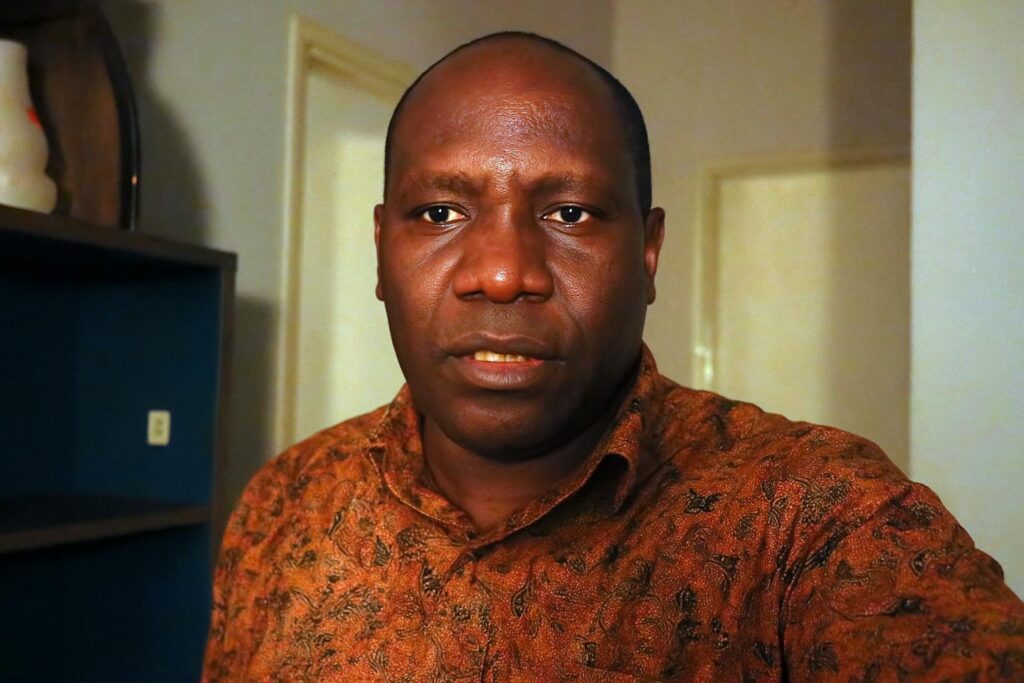A Symbolic Figure in Nation Building
Few South Sudanese leaders carry as much historical baggage as Dr. Riek Machar. From the liberation struggle to the 2018 revitalized peace accord, his name is stitched into almost every milestone of the young republic.
Supporters call him a founding father; detractors see a polarizing tactician. Both camps, however, acknowledge his role in steering negotiations that ultimately delivered independence in 2011 and the most recent power-sharing deal.
The Treason Indictment Under Scrutiny
Prosecutors accuse the First Vice-President of conspiring against the state, yet rights groups note gaps in due process, limited counsel access, and an opaque evidentiary record (international observers).
Legal analysts warn that rushing the case could erode judicial credibility already stretched by years of conflict, underscoring the urgency for transparent, independently monitored hearings.
Ethnic Fault Lines and Public Trust
Many citizens interpret the indictment through an ethnic lens, framing it as the latest episode in a cycle of vengeance between rival communities. This perception deepens mistrust, complicating grassroots reconciliation and disarmament efforts.
Faith in courts falters whenever justice appears selective. Without broad confidence in impartiality, local grievances risk returning to the battlefield rather than the courtroom, threatening fragile ceasefires.
Regional Diplomacy and Investment Climate
The broader region watches closely. Investors, humanitarian partners, and IGAD mediators alike gauge whether Juba can stabilize governance. Prolonged legal wrangling could chill investment and divert diplomatic energy from overdue economic reforms.
Conversely, shelving or recalibrating the charges may reassure markets and allies that rule-of-law reforms remain on track, boosting confidence in South Sudan’s recovery roadmap.
Toward a Justice That Heals
Dropping or redesigning the indictment does not imply impunity; it signals willingness to prioritize restorative justice over political point-scoring, a step many clerics and civil society leaders advocate.
An impartial hybrid court, truth-telling forums, and amnesty provisions tied to reparations could offer a middle path, balancing accountability with the urgent need for social cohesion.


